Rockwool cubes, also known as stonewool or mineral wool cubes, are mainly used as a growing medium for plants in hydroponic systems or soilless gardening. They are made from molten rock spun into fibers, which are then compressed into cubes or other shapes for use in agriculture.
While they have many advantages, rockwool cubes also come with some drawbacks. In this article, we will discuss the advantages and disadvantages of using rockwool cubes in gardening, along with the manufacturing process and various types of rockwool cubes.
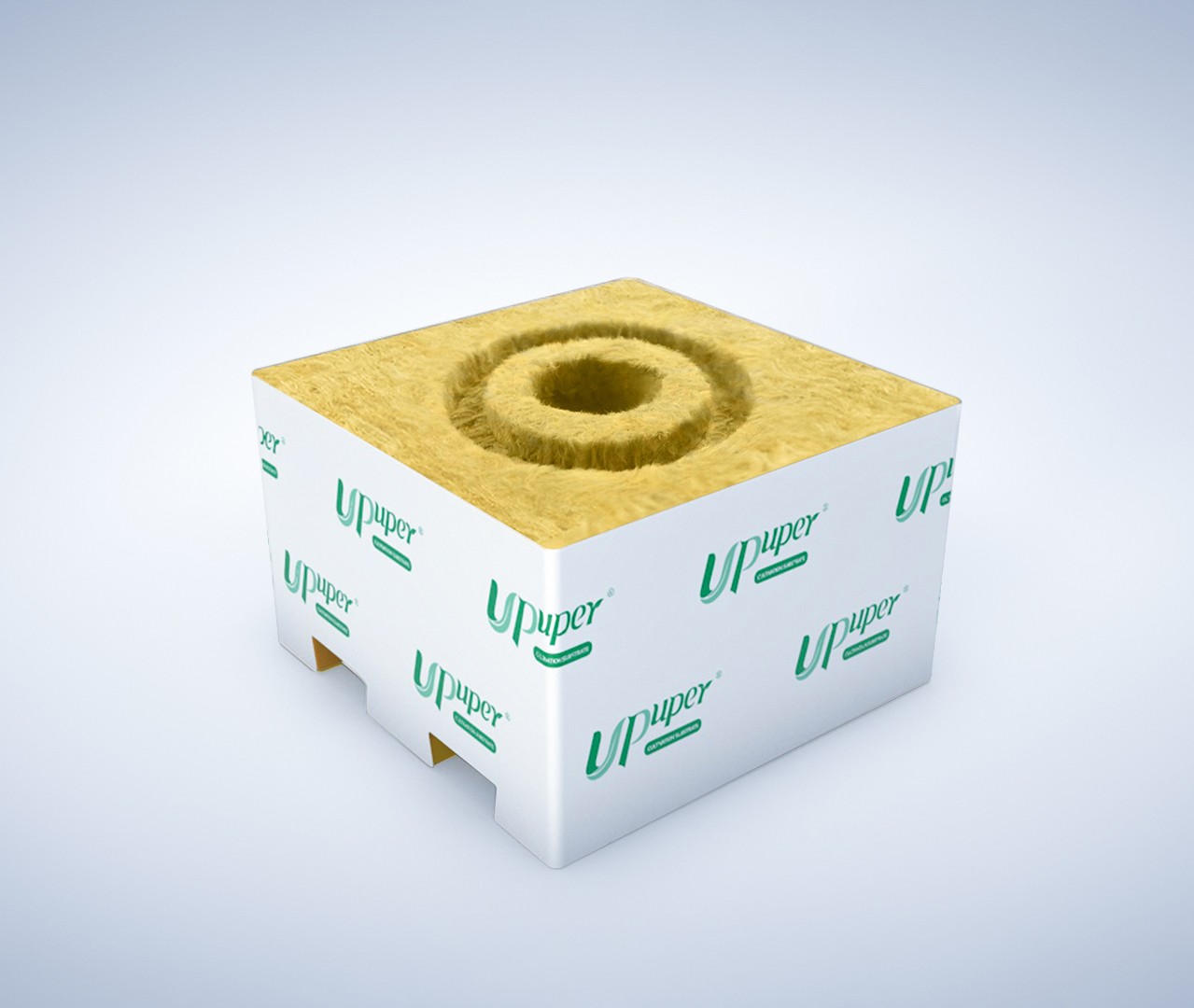
Advantages:
● Excellent Water and Air Retention: They have a high water retention capacity, meaning they can hold a significant amount of moisture for a longer time. This is beneficial for plants as they can absorb water as needed, reducing the risk of over or under watering. Additionally, the porous structure of rockwool cubes promotes good air circulation and oxygenation for plant roots, allowing them to breathe and grow healthily.
● Good Drainage: The porous nature of rockwool cubes also allows for excellent drainage. Excess water can easily drain out of the cubes, preventing the roots from becoming waterlogged. This is especially beneficial in hydroponic systems, as it helps to maintain the ideal water and nutrient levels for plant growth.
● Neutral pH: They have a neutral pH, which makes them a versatile option for growing a wide range of plants. The neutral pH allows for nutrients to be easily absorbed by the plants, promoting healthy growth and development. It also gives gardeners more control over the nutrient levels, as they can adjust the pH to suit the specific needs of their plants.
● Sterile and Pest-Free: They are made from inorganic materials, making them sterile and free of pests or diseases. This reduces the risk of pathogens and pests infecting the plants, leading to healthier and more productive crops.
● Reusable: Unlike other growing mediums, it can be reused multiple times, making them a cost-effective option for gardeners. After harvesting the plants, the cubes can be washed and sterilized, ready to be used for the next batch of plants.
● Easy to Handle: They come in compact sizes and are lightweight, making them easy to handle and transport. They can be easily cut, shaped, and moved around, making them suitable for a variety of applications, from small indoor gardens to large-scale commercial farming.
● Excellent aeration: Apart from water retention, rockwool cubes also have good aeration properties. The fibers of the cubes create air pockets, allowing for proper oxygen exchange and root development. This prevents the roots from becoming waterlogged, which can lead to root rot and other diseases.
● Versatile applications: Apart from hydroponic gardening, they have various other applications in horticulture. They can be used to start seeds, root cuttings, or as a top layer in soil-based gardening to improve aeration and water retention. This versatility makes it a popular choice among gardeners.
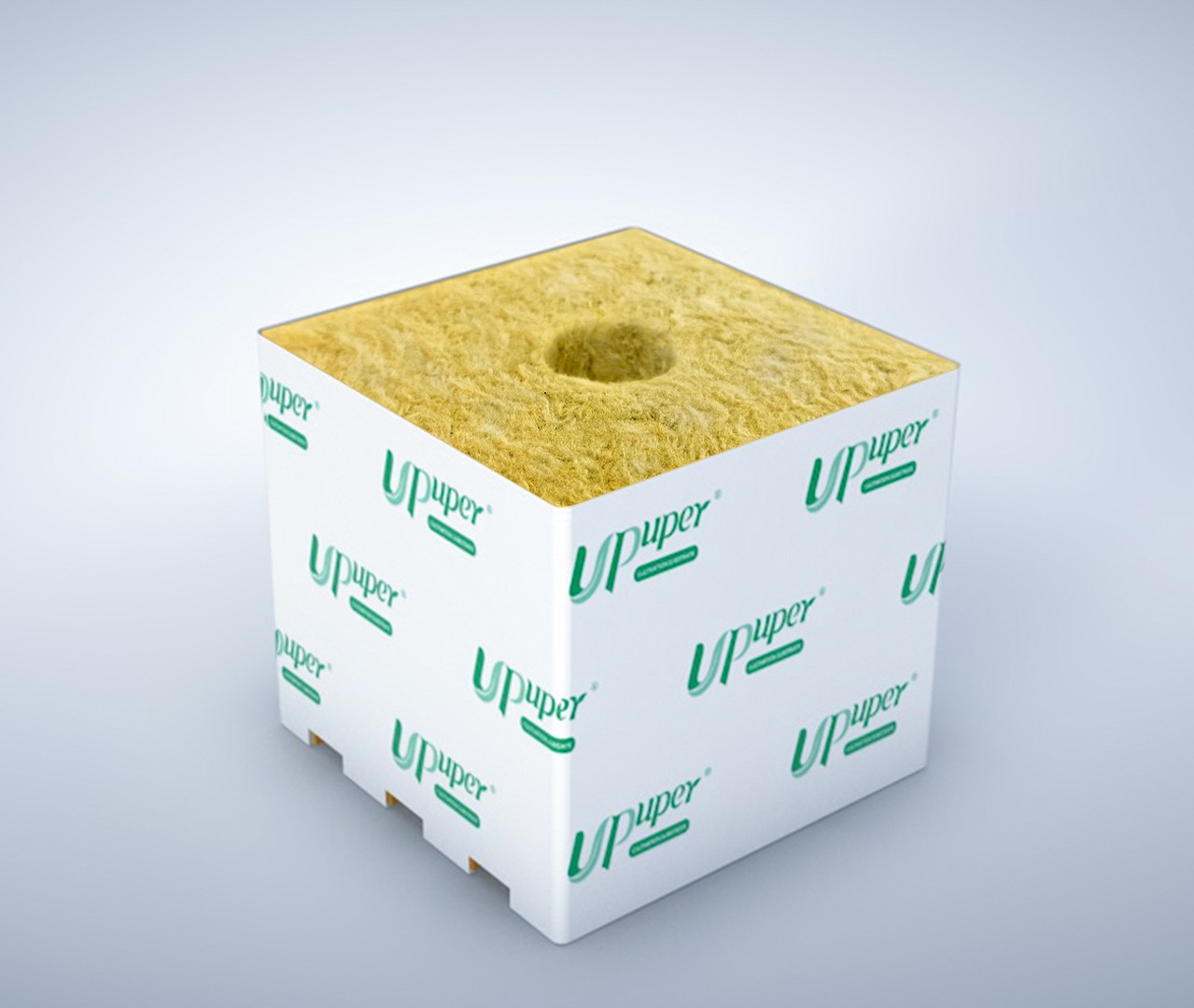
Disadvantages:
● High pH Runoff: While rockwool cubes have a neutral pH, the runoff water can have a high pH, which can affect the overall pH balance of the growing system. Over time, this can lead to a buildup of salts and minerals, which can be harmful to the plants. To avoid this, it is essential to regularly test the pH levels of the runoff and adjust accordingly.
● Prone to Dryness: They have a high water retention capacity, but they can also dry out quickly if not watered regularly. This can be a problem for plants that have a high water demand, as it can lead to wilting and stunted growth. Gardeners need to be vigilant and monitor the moisture levels to ensure the plants receive enough water.
● Requires Special Treatment: They are made from inorganic materials, and they do not contain any nutrients. As such, they require special treatment before use, such as soaking in a nutrient solution. This process can be time-consuming, and if not done correctly, it can affect the plant growth and yield.
● Environmental Concerns: The production of rockwool cubes involves melting and spinning minerals, which can have a harmful impact on the environment. The production process also requires a significant amount of energy, which contributes to greenhouse gas emissions. This may be a concern for environmentally conscious gardeners.
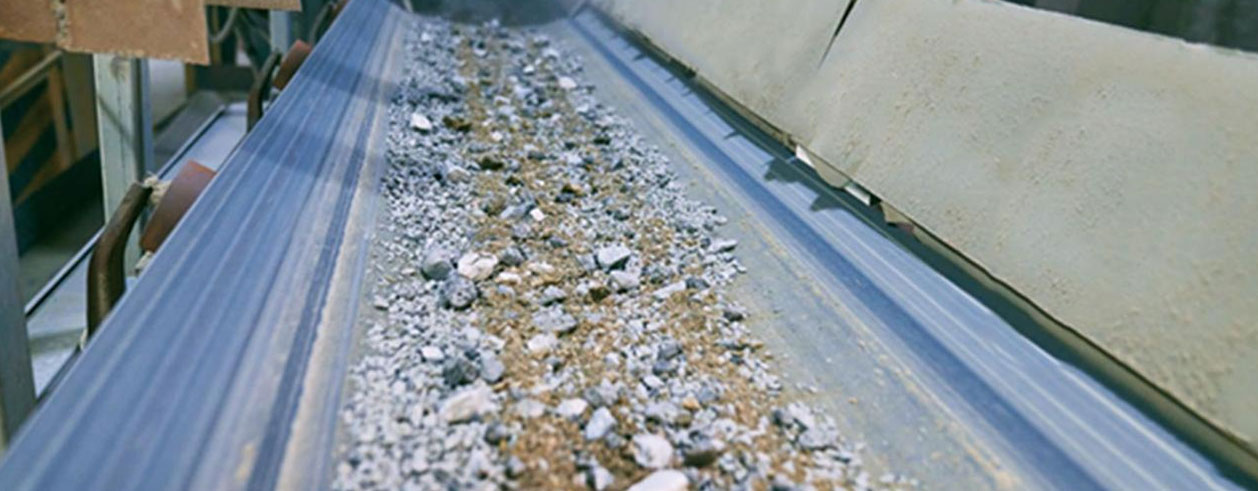
UPuper® is gradually carrying out the "recycling" plan - recycling the used rock wool into new products, and continue to play an important role in building energy conservation, industrial thermal insulation and ship safety.
● Potential for Root Damage: While rockwool cubes provide good drainage and air circulation, the sharp fibers can potentially damage delicate plant roots. This can lead to root rot and other issues, especially if the cubes are not adequately prepared before use.
● Poor for Organic Gardening: As rockwool cubes are made from inorganic materials, they are not suitable for organic gardening. This is because organic gardening promotes the use of natural and biodegradable materials, and rockwool cubes do not meet these standards.
● Risk of overwatering: Although rockwool cubes have excellent water retention properties, they can also lead to overwatering if not used properly. Overwatering can cause nutrient lockout and suffocate the roots, leading to stunted growth or even death of the plants. It is essential to monitor the moisture levels and allow for proper drainage to avoid this issue.
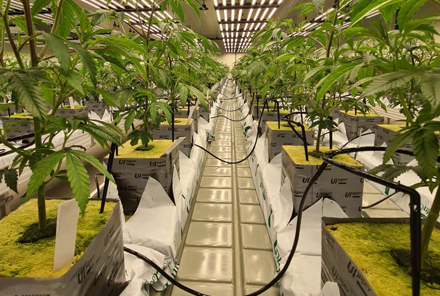
Manufacturing of rockwool cubes:
Rockwool cubes are manufactured by spinning basalt rock and chalk into fibers using high-speed rotating wheels. These fibers are then compressed into cubes of different sizes and shapes. The cubes are then baked in ovens at high temperatures to make them compact and sterile. This manufacturing process results in a cube with a fibrous texture, providing excellent water retention and aeration properties.
Types of rockwool cubes:
Ⅰ. Super-heated rockwool cubes:
These cubes are made by superheating a mixture of basalt rock and chalk under intense heat. This results in a dense and compact cube with a high melting point, making it suitable for high-temperature hydroponic systems.
Ⅱ. Spun rockwool cubes:
Spun rockwool cubes are made by spinning rockwool fibers into a fluffy wool-like material. This type of cube is ideal for a wide range of plants and can be used in different gardening systems.
Ⅲ. Contour rockwool cubes:
Contour rockwool cubes are designed with a slightly curved top, making them suitable for starting seeds or rooting cuttings. The curved top helps to direct water and nutrients towards the center of the cube, promoting root growth.
Ⅳ. Grodan rockwool cubes:
Grodan rockwool cubes are made by using a unique spinning process, resulting in a uniform and fine fibrous texture. This type of cube has a high water holding capacity and is commonly used for starting seeds.
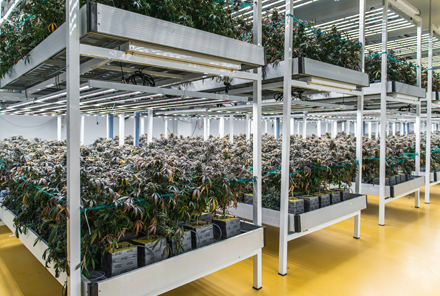
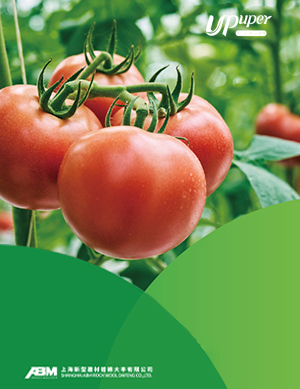
In conclusion, rockwool cubes offer many advantages for hydroponic growers. However, they also have some disadvantages. Ultimately, the choice of using they will depend on the specific needs of the plants and the preferences of the grower. If you decide to use they, we recommend UPuper® rockwool cubes, a trusted and reliable brand known for its high-quality products. With proper handling and preparation, rockwool cubes can provide a suitable growing medium for healthy and vigorous plant growth.








